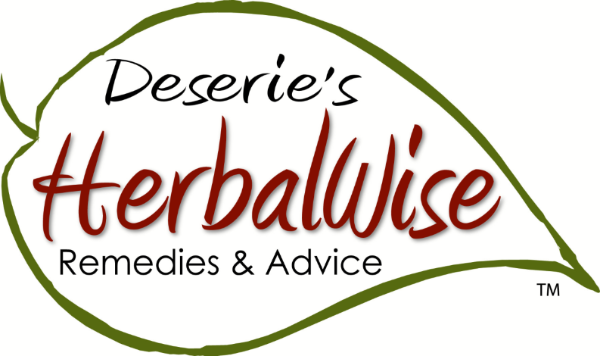In honor of our veterans, I would like to share recommendations on natural ways to address PTSD (Post-traumatic Stress Disorder), which affects many of our veterans. PTSD is an anxiety disorder that can develop after experiencing a traumatic event. PTSD can happen if one has been involved in an accident – car, plane, etc., a victim of a crime or abuse, or a witness to a shocking event.
Symptoms of PTSD may include being extremely hypersensitive to one’s environment and anxiety attacks. Depression is common in those who have Post Traumatic Stress Disorder. Often, flashbacks occur that are accompanied with frequent thoughts and feelings of the traumatic event.
Post Traumatic Stress Disorder not only affects one’s mental and emotional state but also the physical state. The stomach, heart, and the brain can be affected by PTSD, which can lead to digestive problems, hypertension or raised blood pressure, and migraine headaches. PTSD symptoms can interfere with living a normal life and adversely affect daily activities and relationships.
There are a number of herbs to effectively support the adrenals and calm nerves. Some of these include:
Kava Root is a powerful relaxant. It is an herbal muscle relaxant. It can be taken in tea, tincture or capsule form.
Chamomile calms and soothes frazzled nerves. Taken as a tea 1-3 times a day.
Valerian is sedating and helps one to sleep and alleviates headaches. It is not the best tasting herb so capsule form may be preferred.
Oatstraw – strengthens, nourishes and calms the nervous system. It also fights depression and anxiety.
Motherwort – has a sedating/tranquilizing effect on the central nervous system. It strengthens and relaxes heart muscles and is used as a treatment for depression and anxiety and heart palpitations.
Stinging Nettle – gives support and strengthens tired adrenal glands. It inhibits the production of adrenaline, a hormone released that gives us that “fight or flight” response.
St John’s Wort – very helpful for grief and depression, but should not be taken if taking anti-depressants.
Aromatherapy is the use of aromas for their healing properties. The documented use of essential oils goes back to Egyptian times, where herbs were burnt in public squares to purify the air. Aromatherapy is a natural, less invasive treatment for chronic afflictions. And compared to most pharmaceuticals, aromatherapy is typically less expensive and more accessible.
Essential oils are distilled directly from plants. The term “essential” is applied to these oils because they contain the fragrant part of the plant. Essential oils are powerful and concentrated. Most should not be applied directly to the skin in undiluted form. They should be diluted with a carrier oil, any vegetable oil can be used. A few recommended essential oils for PTSD include:
Chamomile – has been found to soothe low levels of stress and depression
Geranium – commonly used to stabilize emotions
Grapefruit or lemon – help to lift the mood
Lavender – has a soothing, calming effect on anxiety
The oils can be added to water in a spray bottle and sprayed to scent rooms, linens, vehicles, etc. They can also be diffused into the air using a diffuser, or diluted with a carrier oil and massaged onto the skin.


Recent Comments